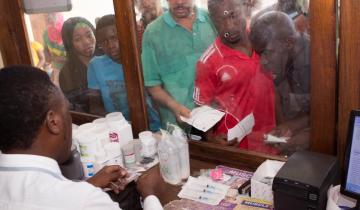2018: A year of transformation
2018: A year of transformation
-
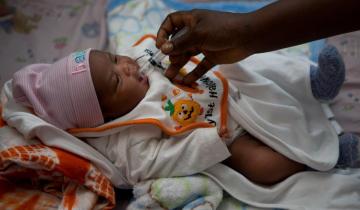
The Organization of African First Ladies against HIV/AIDS (OAFLA) launch “Free to Shine” which aims to end HIV in babies and keep their mothers healthy. WHO is supporting the campaign’s monitoring and evaluation.
Read more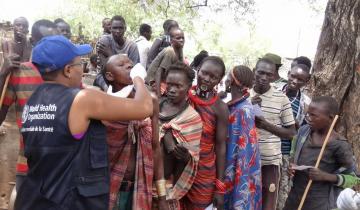
South Sudan declares the end of its longest and largest cholera outbreak. WHO worked with partners to vaccinate more than 885 000 people at high risk, as well as providing other support to the government.
Read moreWHO evaluates the International Health Regulations core capacities of Seychelles, one of 38 Joint External Evaluations conducted in 2018. Thirteen countries implemented national action plans for health security.
Read more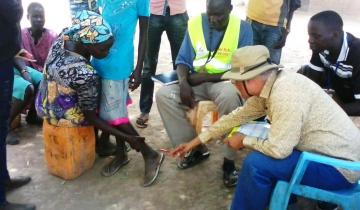
WHO declares Kenya officially free of the crippling parasitic disease. It is the 41st African country to be so certified.
Read more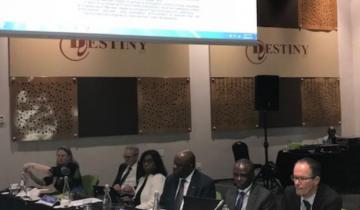
WHO works with 16 African countries to prepare for the potential spread of listeriosis. The outbreak occurred in South Africa and was declared over in September.
Read more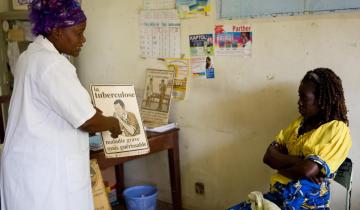
The Central African Regional Network for TB Control (CARN TB) is launched, bringing together local scientists to design local solutions and work toward an Africa free of tuberculosis by 2035.
Read more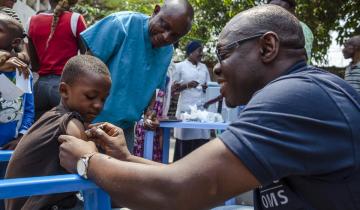
Through the Eliminate Yellow Fever Epidemics (EYE) in Africa strategy, nearly 1 billion people in 27 African countries will be vaccinated against yellow fever by 2026.
Read more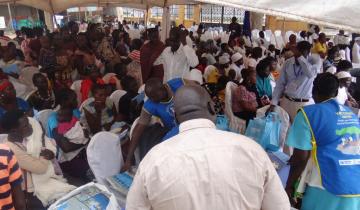
WHO launches the 8th annual African Vaccinations week in South Sudan. The week-long campaign raises awareness of the need and right of everyone to be protected from vaccine-preventable diseases.
Read more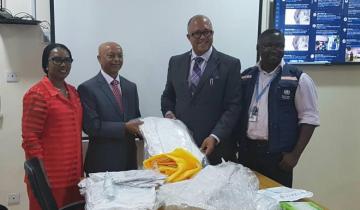
The largest-ever Lassa fever outbreak in the country is contained with support from WHO.
Read more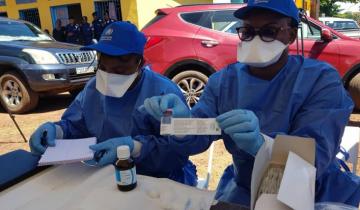
The Democratic Republic of Congo with support of WHO starts using the Ebola vaccine. So far more than 47 000 people at high risk of the disease have been vaccinated.
Read more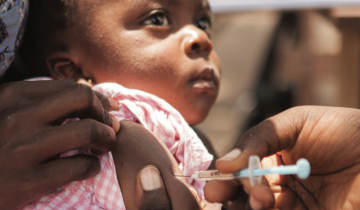
More than 30 million children under 5 fall ill and half a million die from vaccine-preventable diseases. WHO’s business case for immunization demonstrates how achieving universal immunization coverage could save 1.9 million lives and generate $US 13 billion in economic benefits each year.
Read more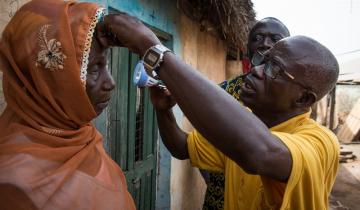
Ghana is the first African country to eliminate trachoma, freeing millions from the threat of suffering and blindness.
Read more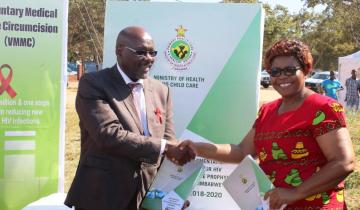
Zimbabwe announces that it has reached 1 million men with voluntary medical male circumcision, which can reduce a man’s risk of contracting HIV by 60 percent.
Read moreForty-two days after the last confirmed case of Ebola, the 9th outbreak in the Democratic Republic of the Congo is declared over. WHO deployed more than 300 experts to support the response.
Read more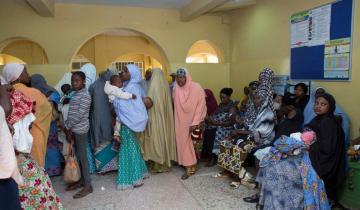
Nigeria introduces rotavirus vaccine to protect children from this diarrhea-causing pathogen, which is particularly deadly for children under five.
Read more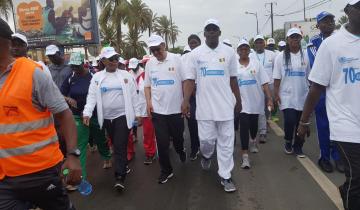
Senegal commemorates the 70th anniversary of the creation of WHO with a “Walk the Talk” event which also helped raise awareness of the risk of non-communicable diseases.
Read more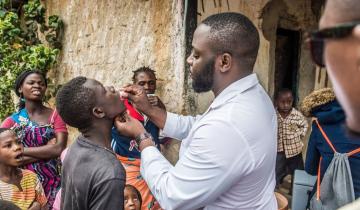
African Health Ministers pledge to implement key strategies to end cholera outbreaks by 2030.
Read more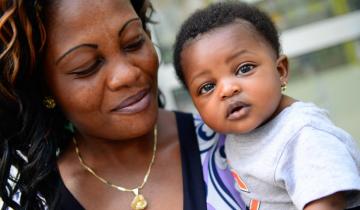
WHO releases a report which finds that poor delivery of services threatens gains made in health and that there has been a significant improvement in life expectancy in the region.
Read more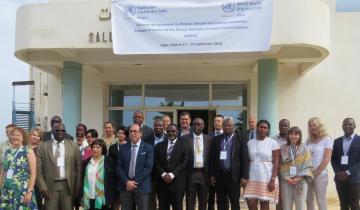
The first African anti-poison and toxicology network links 11 countries across the region.
Read more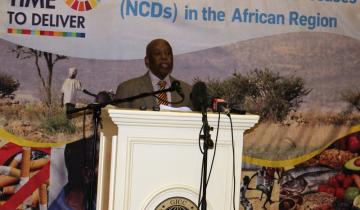
Non-communicable diseases (NCD), which include cancer and diabetes, are a leading cause of death in the region. WHO estimates its “best buy” NCD policies will save 8 million lives globally.
Read more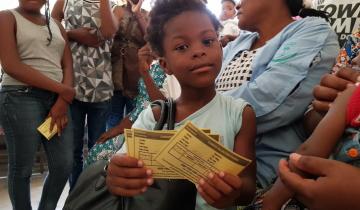
The Republic of Congo launches campaign to vaccinate more than 1 million people against yellow fever, with the support of WHO.
Read more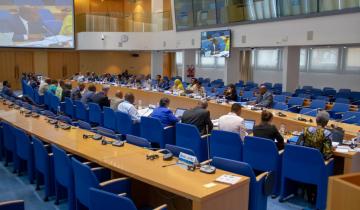
WHO and the African Centres for Disease Control strengthen their collaboration in emergency preparedness and response, partnerships and implementing international health regulations.
Read moreWHO, UNICEF and Rotary International United join forces to fight two outbreaks of circulating vaccine-derived poliovirus (cVDPV) in the region.
Read more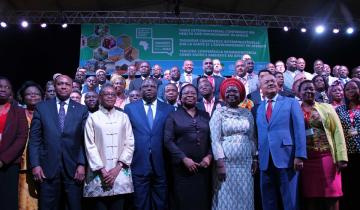
African ministers of health and environment agree to a ten-year strategic plan to increase investment and accelerate joint health and environment priorities.
Read more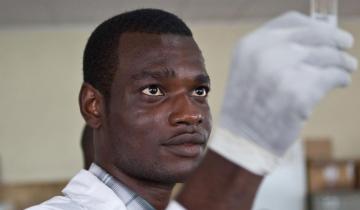
WHO Africa Innovation Challenge Calls For New Solutions To Improve quality of life and address unmet health needs in Africa. Health Outcomes in Africa. Over 2300 entries submitted
Read more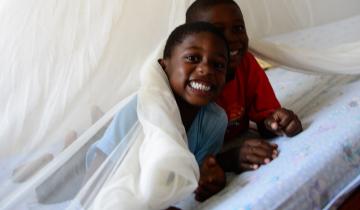
WHO and partners launch a new country-led response to put stalled malaria control efforts back on track.
Read more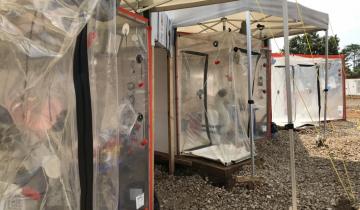
Democratic Republic of the Congo starts the first-ever multi drug trial for an Ebola treatment. It is part of a multi-outbreak, multi-country study that was agreed to by partners under a WHO initiative.
Read more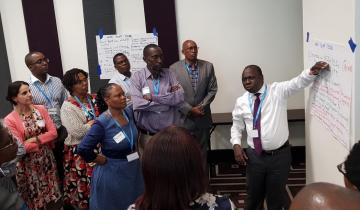
WHO launches “Pathways to Leadership” program to give senior managers the tools and knowledge they need to transform health in Africa.
Read more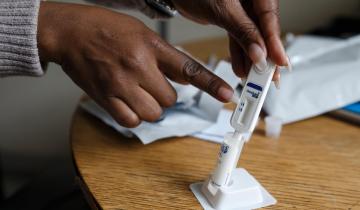
A pilot programme on HIV self-testing across six African countries shows that it significantly increases testing among adolescents, men, and people who have never tested before.
Read more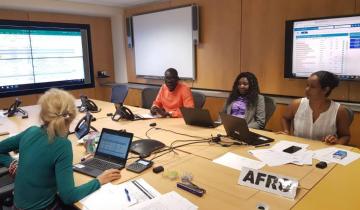
10 African countries participate in a global simulation exercise to test their capacity to respond to a deadly flu pandemic.
Read more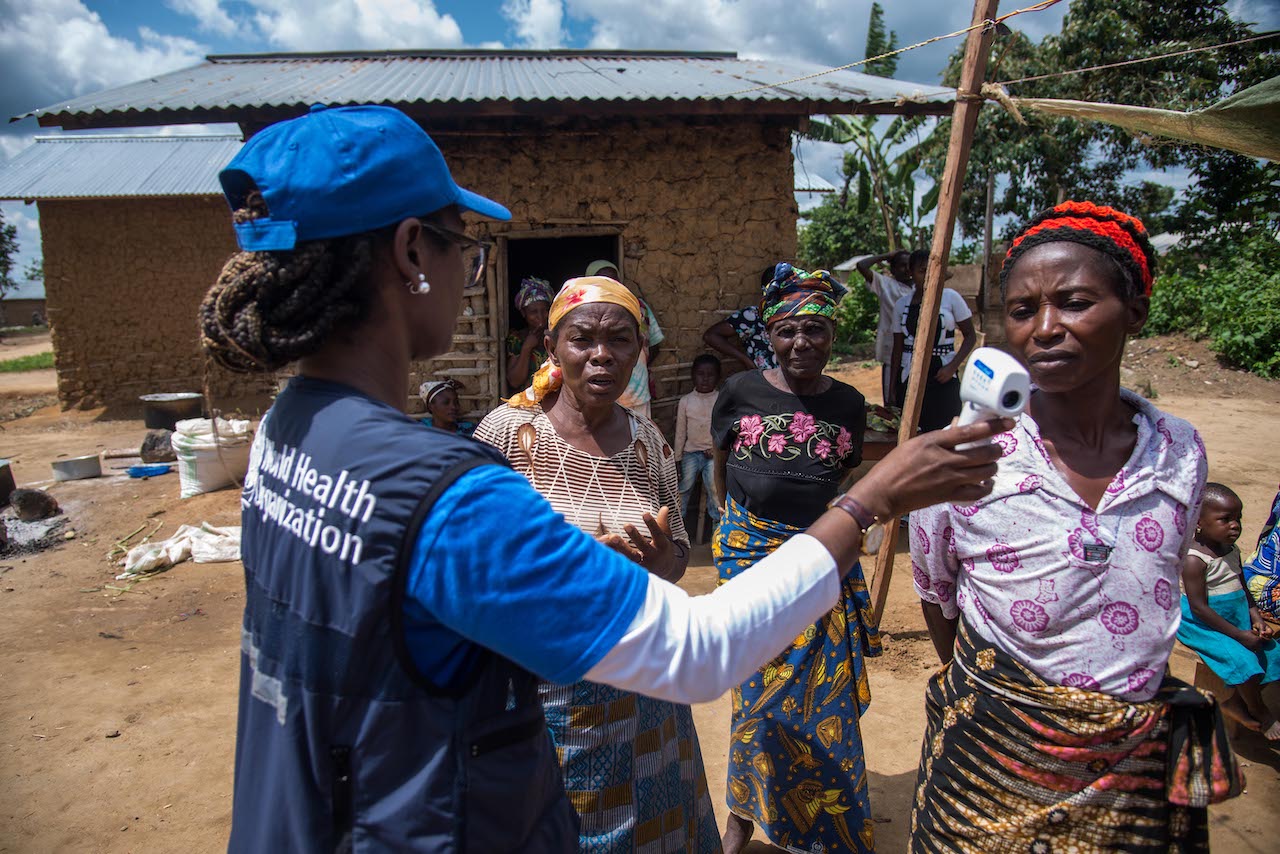
Transformation in Africa
The Transformation Agenda is making a difference in the lives of people across Africa. Launched in 2015 by WHO’s Regional Director, the agenda aims to transform the organization into one that is proactive, transparent and delivers results.
In 2018, the impact of this bold and ambitious reform is clear: a new WHO Health Emergencies Programme has led a robust and effective response to emergencies, including the Ebola outbreaks in the Democratic Republic of Congo, WHO is supporting an increasing number of countries to implement universal health coverage and there has been significant progress in eliminating neglected tropical diseases.
These results have been achieved because the Transformation Agenda has built a pro-results culture, provided smart technical support, increased the leadership capacity of staff, strengthened country offices, promoted accountability and a value for money which has led to a savings of $US 1.4 million.
The Transformation Agenda in WHO’s African region has been recognized by the Director-General Of WHO as a path maker for the organization globally. We are now entering Phase Two and expect further radical reform.




